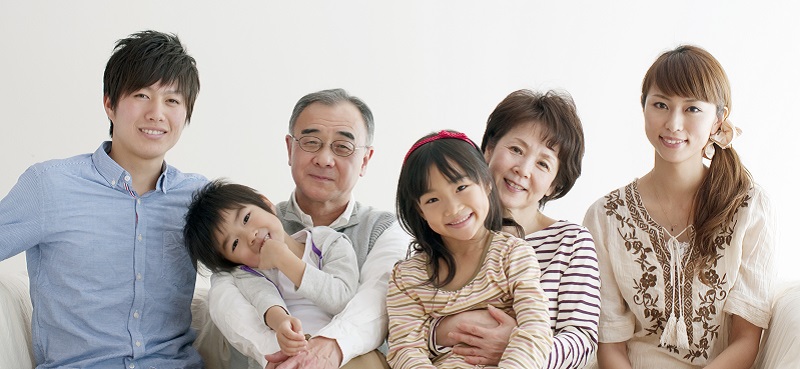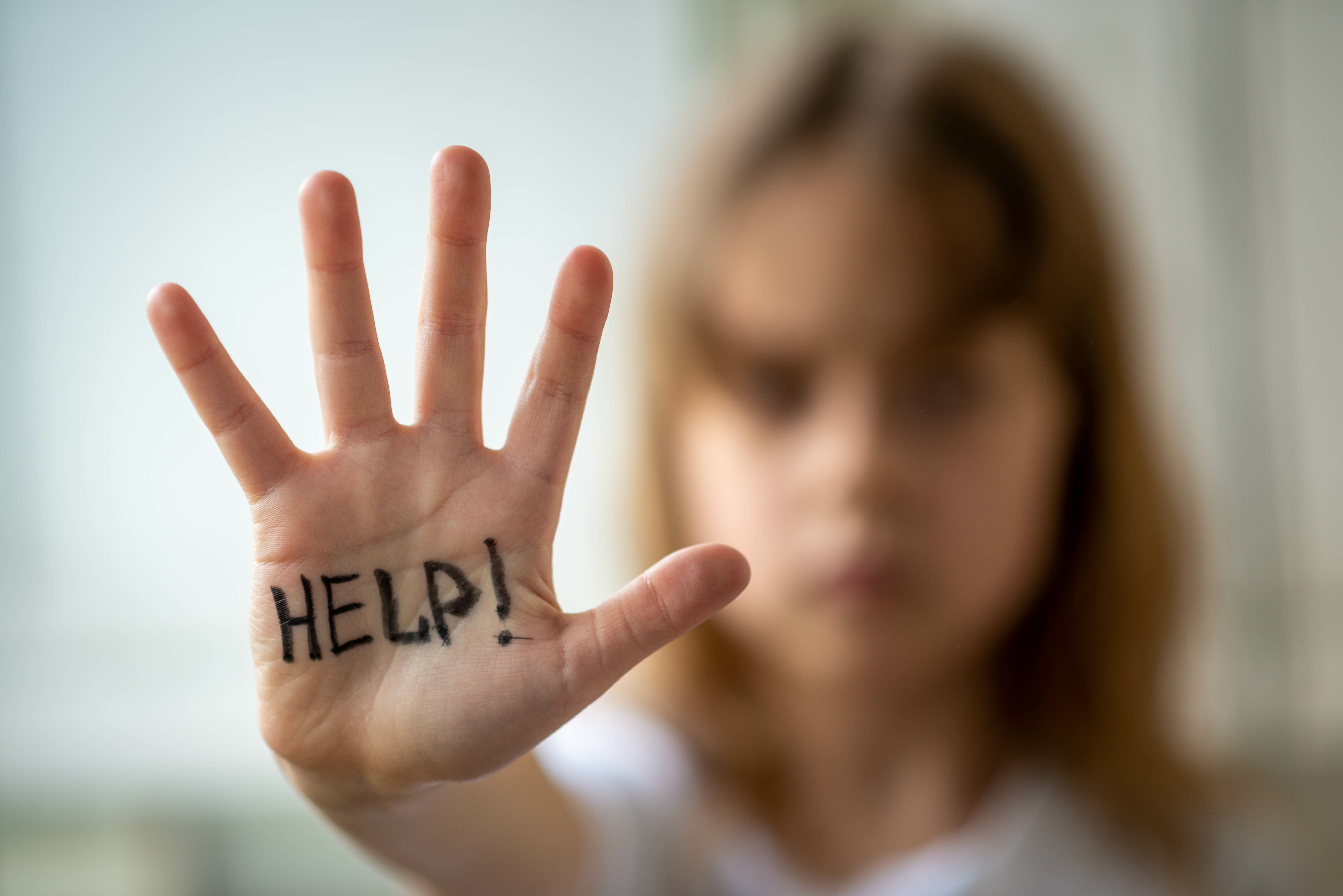Child Attachment

A Secure Child Attachment
Research on child attachment indicates that children who enjoy secure attachment relationships do better in life across a range of psychological domains. Secure attachment relationships contribute to psychological resilience
and well being, and promote positive psychological outcomes in children, not only during childhood, but across the lifespan. Compared, to less securely attached children, securely attached children do better socially. They show higher levels of self-esteem. They show better ability to navigate relationships with children and other adults, and to self-regulate and control their emotions and behaviors. They are also likely to do better at school, and to show better ability to concentrate and pay attention.
Securely attached children do better as adults. Compared to children with less secure attachments they are more apt to:
- Enjoy stable long lasting romantic relationships
- To enjoy rewarding, close friendships.
- Do well at work and cope successfully with professional challenges.
- Show psychological resilience, including good problem solving skills, good emotional and behavioral regulation and the ability to set appropriate boundaries with others.
- Show good self-esteem.
- Raise securely attached children.
Child attachment relationships shape our self-perceptions, our perceptions of others and how we perceive their intentions and behaviors. Child attachment relationships can influence our levels of physiological arousal,including our abilities to regulate our emotions and behaviors, as well as our psychological well being,and the quality of our relationships with others.
Children who lack secure attachment relationships, or who experience the kinds of toxic stress that can contribute to insecure child attachments, or what we call Adverse Childhood Experiences can show negative alterations in brain chemistry, and elevated stress hormones that can impair functioning across major developmental domains. Not surprisingly these children are at greater risk than securely attached children of showing child behavioral problems. These include:
- Behavior problems, including conduct disorders
- Low self-esteem
- Anger, lack of impulse control, violent behavior
- Depression
- Anxiety
- Learning Disabilities
- Poor physical health
- Inability to trust others and problems forming and maintaining healthy rewarding relationships
Attachment Theory
Attachment theory rests on the premise that our earliest attachment relationships lay the foundation for our social, emotional and psychological development. Secure attachments develop in children who enjoy early attachment relationships with care givers who are able to meet their needs for attention, physical contact, understanding, acceptance, comfort and a sense of security. Emotionally secure environments where the child feels safe and secure foster secure child attachments.
Children's relationships begin to build from birth, and center on the child's relationship with his or her primary caregivers. With time the child's relationships branch out to include extended family members, including grandparents, aunts, uncles and siblings, as well as teachers, and others who play a role in the child's life.
These relationships interact to shape the child's feelings of security and trust, and his ability to build secure and trusting relationships with others from childhood, and into the adult years.
To learn more about child attachment and how to promote a secure attachment style in a child, click here.
Understanding the Problem is the Key to Solving It

Dr O'Connor offers Psychological Assessments tailored to the specific needs of a child or adolescent who is showing attachment problems. She provides in depth, comprehensive school neurpsychological assessments to get to "the root of the problem." The school neuropsychological assessment provides a detailed, comprehensive understanding of the problem. It leads to diagnoses that apply to the problem and provides the foundation required to support evidence based interventions to address it. Without a comprehensive school neuropsychological assessment to provide this understanding and what is contributing to and maintaining it the psychological concerns that worry you will be difficult to address.
The assessment becomes part of the solution; its findings lead to evidence based interventions to address the psychological concerns in a young person that worry you. Learn how a young person who is showing attachment problems is doing. Where are things going well? Where do you need to intervene to help? What kind of strategies can reduce the risks for this young person? Use this information to develop strategies to help the young person and reduce the risks he or she faces.
The psychological assessment explores the multiple factors that interact to contribute to and maintain the child problem that worries you.
The assessment becomes
part of the solution, and is every bit as critical in addressing the
child problem, as the interventions that are developed to address it. As
part of the solution the child
assessment leads to evidence-based
interventions to help promote positive outcomes in the children you care
about and work with, despite the psychological challenges they face.
"Understanding the Problem is the Key to Solving It." Dr. O'Connor's comprehensive psychological assessments increase understanding of the psychological concerns that can present in young person who shows evidence of an insecure attachment, and how to address these concerns. You will also learn what the young person's strengths, where things are working, and how to build on these.
Learn more about Dr. O'Connor's assessments and how they can help. Find out where things are going well and where you need to intervene to help?